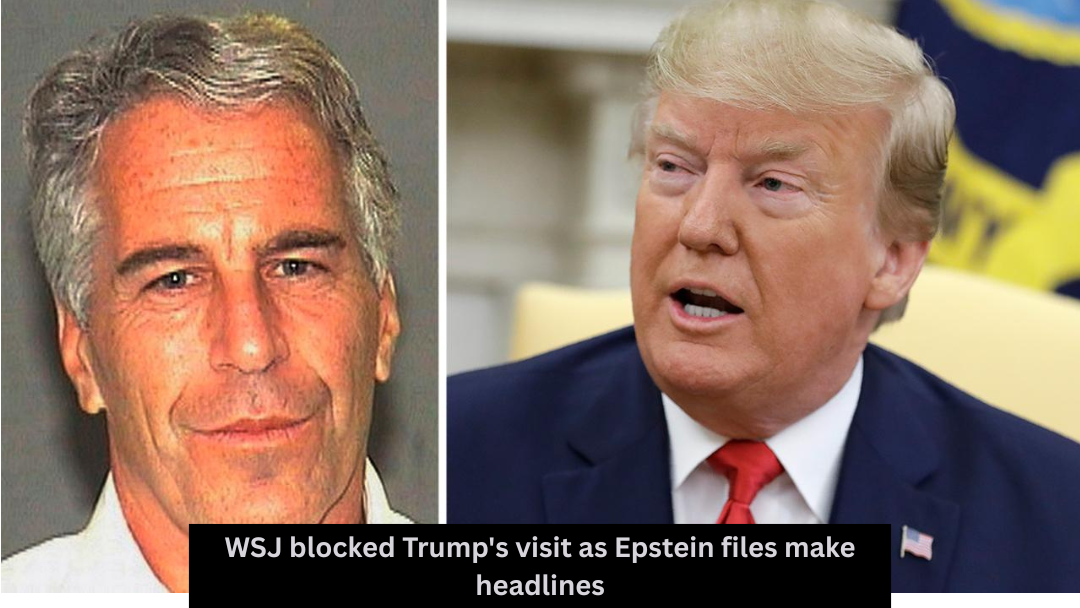As the U.S. government explores sweeping tax changes included in the most recent budget bill, one specific and important provision is gaining a great deal of attention from investors, financial analysts, and multinational companies on Wall Street – the foreign tax provision. Many members of Wall Street are becoming increasingly worried that tax reform provisions intended to stem international profit shifting and increase domestic revenue, will unintentionally diminish the attractiveness of U.S. assets.
While tax reform is intended to deter international profit shifting and increase revenues into the domestic economy, the investment community – both American businesses and global investors – are left to ponder a simple but significant question: will U.S. assets be as attractive in a more tightly taxed and scrutinized environment?
A Simple Overview of the Tax Changes Considering the Budget Bill
The foreign tax provision encompasses U.S. taxes on U.S. companies’ foreign profits. This provision specifically would raise the GILTI (Global Intangible Low-Taxed Income) rate, eliminate deductions for foreign taxes paid, and now requires multinational corporations to report and pay taxes in an entirely new way on their foreign profits. The underlying goal of this measure of the budget bill is to create laws that ensure large corporations contribute their share through taxation and incentivize them to remain domestically, rather than taking profits to a lower tax jurisdiction.
Critics say that it might come at the price of U.S. investment competitiveness.
U.S. based companies with meaningful international operations—particularly in sectors like technology, pharmaceuticals, and finance—could find their tax obligations significantly larger. The additional costs could potentially put pressure on bottom-line rofitability, impact shareholder returns, and change corporations’ willingness to acquire assets or expand.
Wall Street Responses with Caution
Uncertainty is one of the largest components of market volatility, and tax reform often instills uncertainty. Wall Street’s concerns are often not only about corporations potentially taking on more tax-colored burdens, but also the broader impacts of tax reform rippling through the financial system.
Here is what investors are concerned about:
- Investors After-Tax Earnings: Corporations with large foreign income, may face reduced after-tax earnings which often with change price expectations, and impact dividend returns.
- Capital Flight: If U.S. assets become less attractive with increased tax burden, foreign investors may eventually move funds to other markets.
- Corporate Reallocation: Some corporations may pursue to reincorporate or expand abroad to avoid increased tax obligations domestically which reduce capital market activity.
Ultimately, Wall Street is weighing whether U.S. financial assets – including equities, bonds — will look as attractive if corporate America is edged into a higher tax status and its ability to be flexible across international boundaries is limited.
Effect on Foreign Investment
One of the quietest but potentially largest effects of the foreign tax provision is the impact on foreign direct investment (FDI) in the U.S. If global investors begin to see that U.S. corporations have lost their tax edge or are otherwise limited in profitability, they may choose to invest elsewhere.
For instance,
- Dynamic hedge funds around the world may re-allocate a portion of investment away from U.S. blue-chip stocks.
- Institutional investors may see emerging markets in countries with lower taxation for higher returns.
- International firms that are considering expanding into the U.S. may back off or cancel expansion plans due to expected higher costs.
Historically, the U.S. was considered a stable locality to invest. If perceptions of the U.S. shift, even slightly, it could have long-term impact on the economy and financial markets.
Will the U.S. lose its competitive edge?
The foreign tax proposal cannot be evaluated in a vacuum, especially at a time when other areas of the globe are looking at their own corporate tax structures, as some with minimum global tax standards in agreement with the OECD which formulates policies without the U.S. being even involved due to their objectives. If the U.S. positions their policy properly, it could still compete.
However, critics of the current form of the bill claim it overcorrects; domestic entities have heavy tax burdens in the United States without meaningful incentives to retain assets and profits onshore.
This is why many people on Wall Street have called for changes to the bill, possible exemptions, or slow implementation of the reforms. The focus should be to fix abuse without approaching harm.
What Investors Need to Watch
In the next few months, investors should be vigilant with respect to:
- Changes to the budget bill as it goes through Congress.
- Guidance given by leading multinationals with foreign exposure.
- Shifts in institutional flows, mainly U.S. equities owned by a foreign entity.
- Currency fluctuations as changes in capital flows may result in changes in USD demand.
In Closing
The U.S. budget bill’s foreign tax component is based on sound fiscal policy – driving tax competition and enhancing federal revenue. Yet we can’t lose sight of its broader implications for attitudes on Wall Street, worldwide investor behavior, and the appeal of U.S. assets.
While debates are still underway, the fact that this tax provision is now signed and sealed could change the way investors approach and structure their investments in the U.S. and abroad. Being aware and prepared for every outcome will be vital for all investors as we move forward.









Leave a Reply